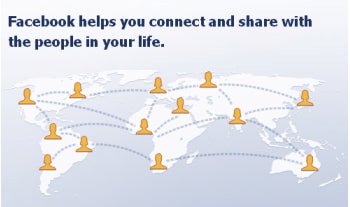 A pair of laser beams (red arrows) impinges upon an ultracold gas cloud of rubidum atoms (green oval) to create synthetic magnetic fields (labeled Beff). (Inset) The beams, combined with an external magnetic field (not shown) cause the atoms to "feel" a rotational force; the swirling atoms create vortices in the gas. (Credit: JQI)
A pair of laser beams (red arrows) impinges upon an ultracold gas cloud of rubidum atoms (green oval) to create synthetic magnetic fields (labeled Beff). (Inset) The beams, combined with an external magnetic field (not shown) cause the atoms to "feel" a rotational force; the swirling atoms create vortices in the gas. (Credit: JQI)From Science Daily:
Science Daily (Dec. 3, 2009) — Achieving an important new capability in ultracold atomic gases, researchers at the Joint Quantum Institute, a collaboration of the National Institute of Standards and Technology (NIST) and the University of Maryland, have created "synthetic" magnetic fields for ultracold gas atoms, in effect "tricking" neutral atoms into acting as if they are electrically charged particles subjected to a real magnetic field.
Read more ....


















